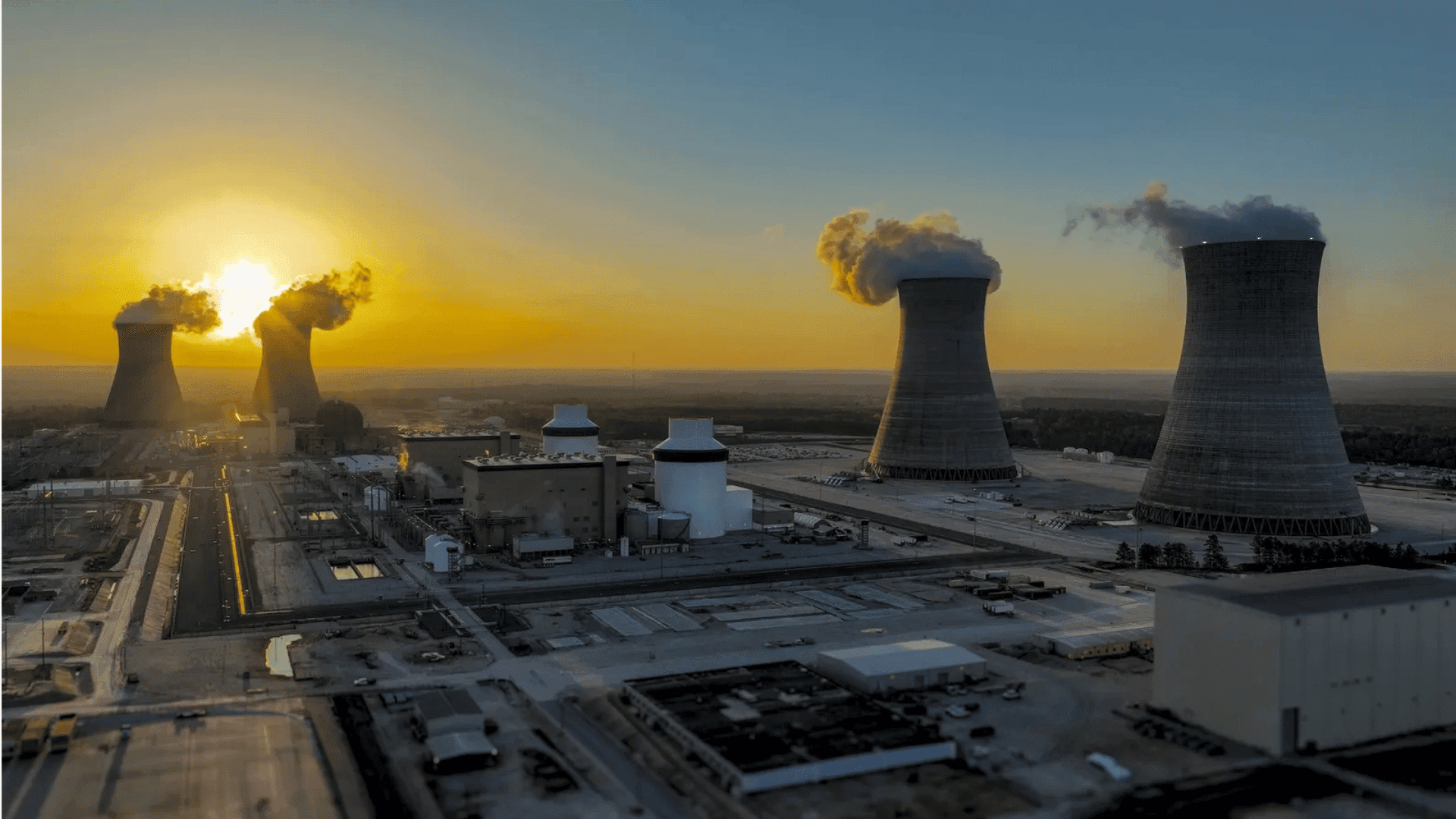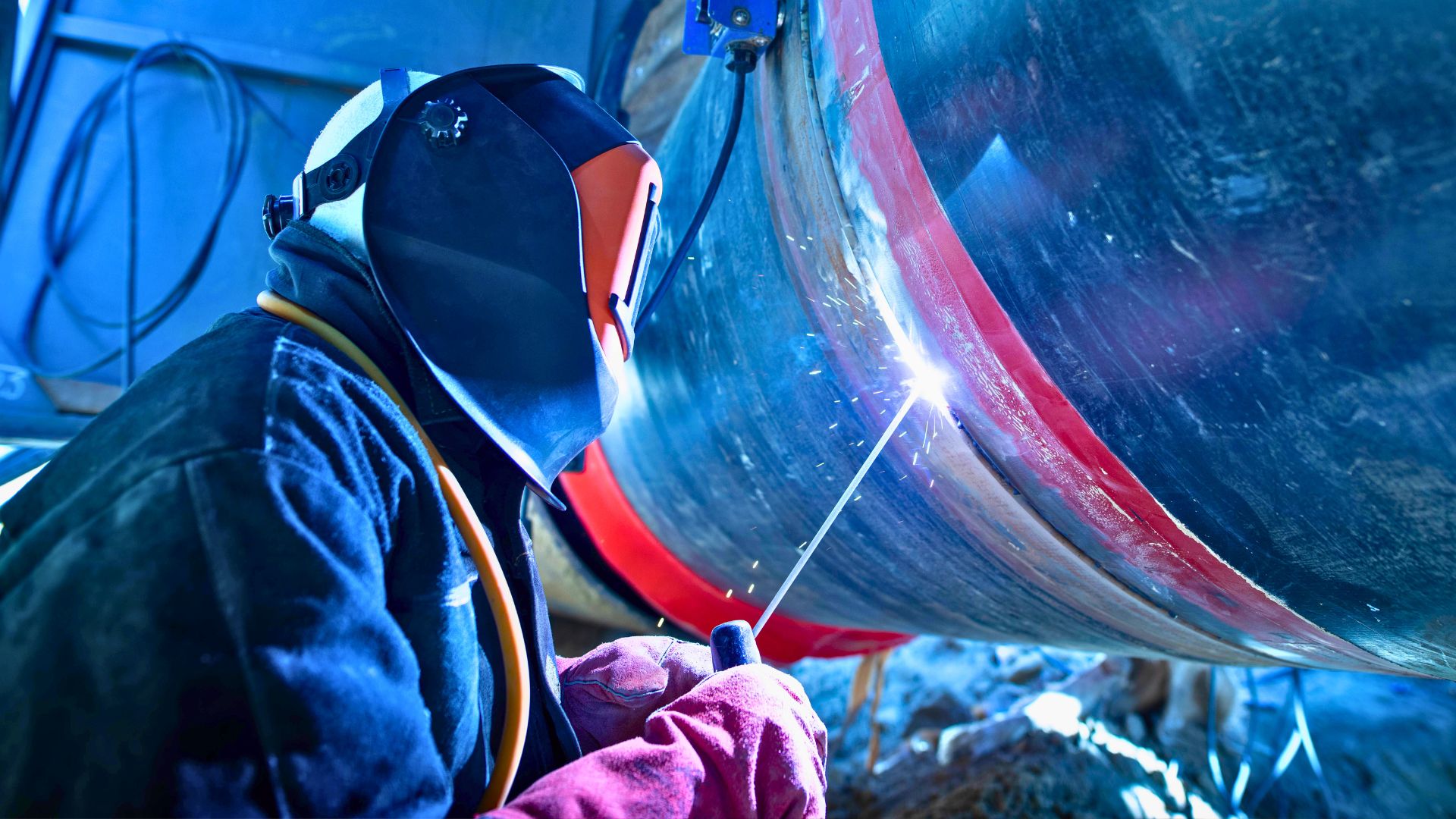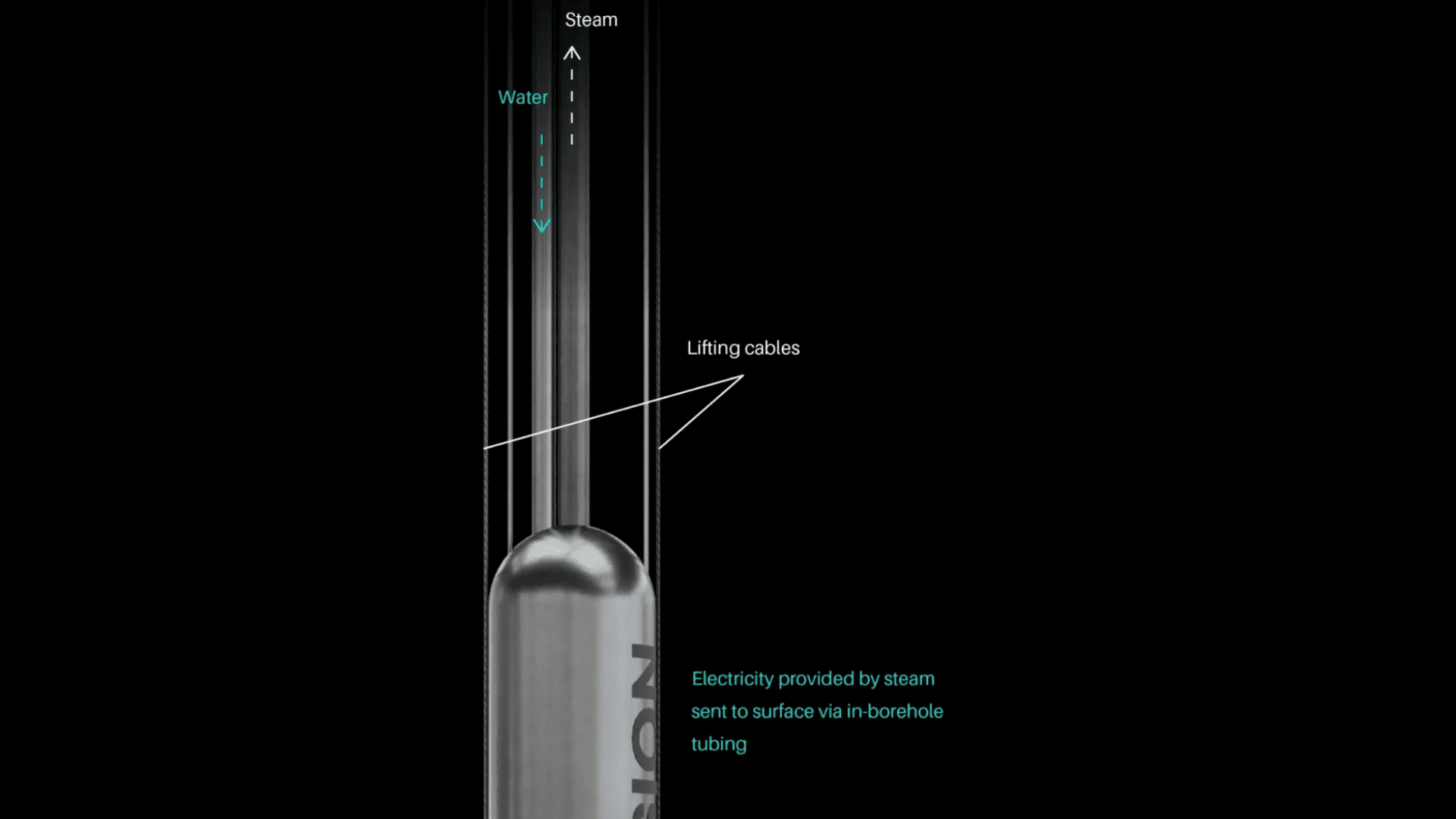The expansion of AI and data centers drives modern energy demands. As a result of the growing AI industry, there is an urgent need for reliable and clean power generation. Westinghouse announced a plan to have 10 of its AP1000 nuclear reactors under construction by 2030.
However, nuclear projects have historically been plagued by lengthy timelines and high costs. This is largely due to the complex construction processes. Westinghouse has partnered with Google Cloud to overcome these hurdles by developing a custom AI-powered platform. This project aims to leverage AI to accelerate reactor construction, which accounts for approximately 60% of the total reactor cost.
AI For Energy Expansion


Dr. Lou Martinez Sancho, Westinghouse’s CTO and Executive Vice President of R&D and Innovation, described the philosophical driver and the core idea as “energy for AI and AI for energy.” According to Google, the U.S. is projected to need an additional 400 gigawatts of power by 2040. Researchers say current construction timelines simply make this difficult to achieve.
Advertisement
Westinghouse CEO Dan Sumner stressed that AI optimization is essential to making nuclear power a viable investment for utilities.
According to Westinghouse, the key factor in the platform’s success is the company’s pre-existing AI readiness. Its proprietary AI infrastructure, Hive, is already established. This system is designed to meet strict nuclear regulatory standards. Additionally, Westinghouse’s AI assistant Bertha can reportedly access 75 years of nuclear knowledge and documentation.
The new technology is a joint system that integrates Westinghouse’s tools with Google Cloud’s specialized AI models. The system works with Westinghouse’s 3D digital twin of its reactors. Current and historical data predict potential bottlenecks, optimizing thousands of construction task sequences, and account for supply chain disruptions.
Early pilots have shown time and cost savings by allowing managers to re-optimize schedules in “moments” rather than days.
“Westinghouse views AI not as a tool for simple cost optimization, but instead as a catalyst for a revolution that transforms the energy sector and turns decades of documentation into an asset that accelerates progress,” Google concluded in its announcement.



